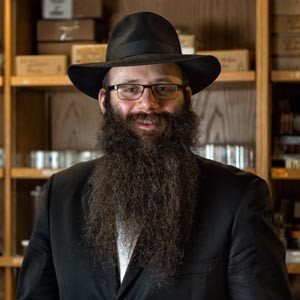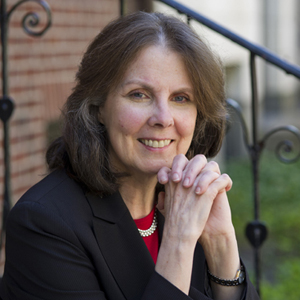In a time when college professors are fighting an uphill battle against students’ smartphone addictions and the seductive diversions of the iPad, John Finnerty has no problems with people playing games in class. It was his idea.
Searching for a way to get reluctant students, especially non–science majors, to participate in class, the popular College of Arts & Sciences associate professor of biology divides his students into teams that compete to translate messages in DNA coding or build mantras from words “evolving” through a process that mimics natural selection. For a style that is both engaging and rigorous, Finnerty, who is also director of the BU Marine Program (BUMP), has received a 2013 Metcalf Award for Excellence in Teaching.
Praised by his colleagues for his creativity, accessibility, humor, and passion for the scientific method, Finnerty has played a major role in shaping the CAS Core Curriculum, developing popular new courses, among them Biodiversity, Causes and Consequences, which integrates earth science, biochemistry, molecular biology, genetics, developmental biology, evolution, ecology, and anthropology. His goal, he says, is “to get students to think like scientists.” Favoring primary scientific literature and hands-on learning over standard textbooks, Finnerty designs lessons that endure, teaching nuanced concepts like the genetic code so they’ll be well understood and never forgotten.
“I start almost every class by telling students that six months after graduating college I had a really hard time remembering some classes, while others never left me,” he says. “I’m grateful for those moments.” His aim is to impart insights so his students will gain “a competency they never had before.”
Finnerty also teaches one of BUMP’s monthlong “module” courses, where students learn to do research projects, and he is one of his department’s most admired mentors. “Students gravitate to him,” one of his colleagues told the nominating committee.
“John has put extraordinary effort into all his teaching activities and has made major contributions to the CAS Core Curriculum and the BU Marine Program,” says Michael Sorenson, a CAS professor and chair of biology. “More importantly,” he adds, “he succeeds in engaging students with his creativity, humor, and enthusiasm without sacrificing one iota of scientific rigor.”
Finnerty decided to reinvent and enliven his Core Curriculum science classes after teaching in front of big lecture halls that were augmented by teaching assistants leading smaller discussion groups. “I like the model where faculty lead the discussion,” he says, but he was also intent on finding a way to “break the ice” in class without always having to rely on just a handful of confident students. So he came up with lively exercises like “Passing Genetic Notes in Class,” and soon the students were fired up about the elegance of genetics and how DNA and its nitrogen “bases” embody a code for the proteins found in all living things. Competing teams pass along a succession of grouped Scrabble letters coding for some action to be performed after opposing teams decipher it.
The resulting mini-performances usually entail something goofy, like singing “Amen” or jumping up and down, explains Finnerty, who delights in informing students new to science that humans share the same genetic code as bacteria. And he drives home the notion of naturally occurring mutation by altering the coded messages just enough to make things interesting, and occasionally hilarious, as teams misinterpret the mutated message and act out something completely different.
Exercises like genetic note-passing “get everybody learning and everybody engaged,” he says. “They’re working the genetic code backwards and forwards, and when it’s over we ask, what did we learn?” He notes that there are fundamental truths about the nature of good scientific inquiry that carry over from one course to the next, “something constant about the approach.” His wish is for his students to “continue to be scientists. Everybody should be a scientist in terms of solving problems and recognizing the sources of bias in ourselves.”
The Metcalf awards, which are presented at Commencement, date to 1973 and are funded by a gift from the late Arthur G. B. Metcalf (SED’35, Hon.’74), a former BU professor and Board of Trustees chairman emeritus. The Metcalf Cup and Prize winner receives $10,000, the Metcalf Award winners $5,000 each. A University committee selects winners based on nominees’ statements of teaching philosophy, supporting letters from colleagues and students, and classroom observations of the teachers.
This year, the 41st Metcalf Cup and Prize for Excellence in Teaching goes to Deborah W. Vaughan (GRS’72), a School of Medicine professor of anatomy and neurobiology and assistant dean of admissions. The second Metcalf Award winner is Carol Jenkins, a School of Education associate professor of curriculum and teaching.
More information about Commencement can be found on the Commencement website.
















































Congratulations!